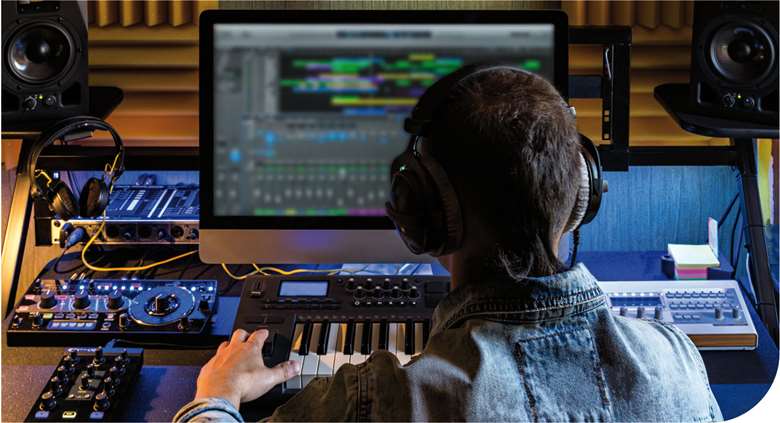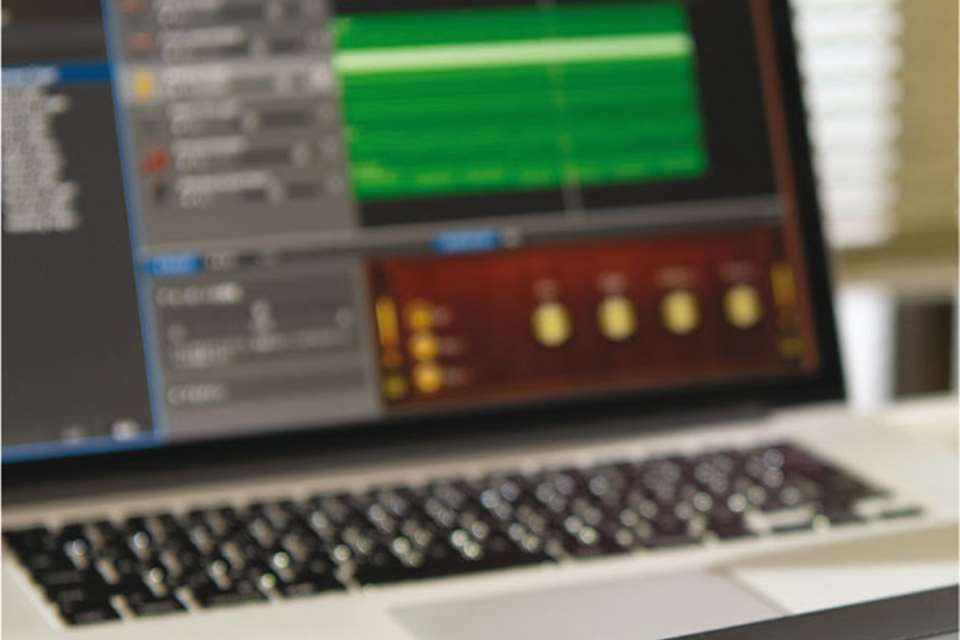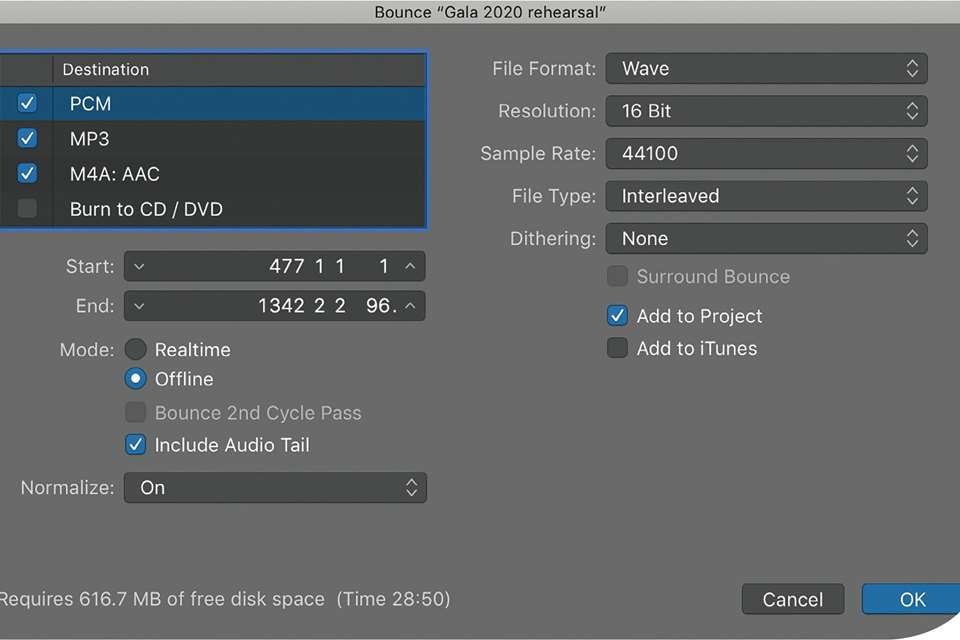Practical Technology Column: BTEC
Tim Hallas
Monday, March 1, 2021
BTECs have been around for well over 20 years and they are offered in a range of subjects, including music. This month, Tim Hallas looks at what they can offer to music technology students.

Evgenydrablenkov/Adobe Stock
BTECs were first proposed in the 1980s and eventually offered by Edexcel in 1996. BTEC stands for Business and Technology Education Council and, as the name suggests, originally offered a range of vocational qualifications in business and technology-based subjects. Over time, however, a much wider range of subjects came to be offered, including music and music technology.
Being vocational, the qualifications are practical and, although theory is taught, it is largely taught through practical work. BTEC qualifications are offered at QCF Levels 1, 2 and 3 so can be used with a wide age range of students right up to 18.
Level 1 & 2 Music
BTEC Level 1 & 2 qualifications are designed to be taught alongside (or instead) of GCSEs and offer a more practical music making experience for students. Although the qualification is simply entitled ‘Music’, depending on the modules chosen, the course can be focused on music technology if that is what suits the students best.
All the BTEC courses are modular and some of these are designed to teach a range of music technology skills, including basic sequencing and manufacturing a music product from recording to marketing. I taught this course briefly in a previous school and it was hugely enjoyable for the students and teacher alike! I really enjoyed the practical elements and the musical creations that the students developed.
The main difference between the levels is the amount of work required. The Level 1 qualification is essentially a shorter version of the course and the Level 2 has more modules and a greater number of Guided Learning Hours. Both courses are designed to be offered for students aged 14–16 but require a different amount of work to complete and therefore carry a different weighting when students want to apply for Level 3 qualifications.
Level 3 Music Technology
For students interested in music technology, BTEC introduces a specific course at Level 3. The qualification contains several different routes through the qualification, from a short Certificate (180 Guided Learning Hours) through to the Extended Diploma with a whopping 1,080 Guided Learning Hours. This combination of hours allows students to combine the qualification with other courses or study music technology full time.
There is a range of compulsory modules and optional modules to allow students (or teachers) to focus on areas that they feel best suit their interests, skills, or future aspirations. The compulsory modules focus on basic studio technique and production using a DAW, which should be familiar to any student looking to study music technology at Level 3.
The optional modules offer a much wider range of skills and techniques. There are modules in studio design and acoustics, which is an advanced topic and contains a relatively large amount of science. However, there are also modules in composition for students who want to be a little more creative and are less keen on the technical elements.
Students can combine modules to create a well-rounded ‘general’ music technology qualification or a more specialist course if they have a very specific plan in mind. By choosing all the relevant modules it would prepare a student for future training as a live sound engineer, a mastering engineer, or any other potential career in the music production industry.
BTECs
The qualifications used to be entirely vocational and required no examinations at all. However, in the latest re-vamp of the qualifications, the government and Ofqual insisted that all BTECs now needed to have some externally assessed work and some examined materials. This still equates to a very small percentage of the course and most of the assessment is still done by the teacher.
One of the main concerns about BTECs is the amount of paperwork involved and, I'm not going to lie, there is a lot! It is manageable though, and there is always plenty of support available from teachers who have done it before, as well as from Pearson.
If you are looking for an alternative qualification to offer students who want to explore something more vocational, BTEC Music could be a great option.
As you will have read on page 32, the government is currently holding a consultation on the future of post-16 Level 3 technical qualifications. The full consultation can be read at: http://bit.ly/2M4K6pE. A ‘call for evidence’ for the future of Level 2 technical qualifications closed on 14 February.




